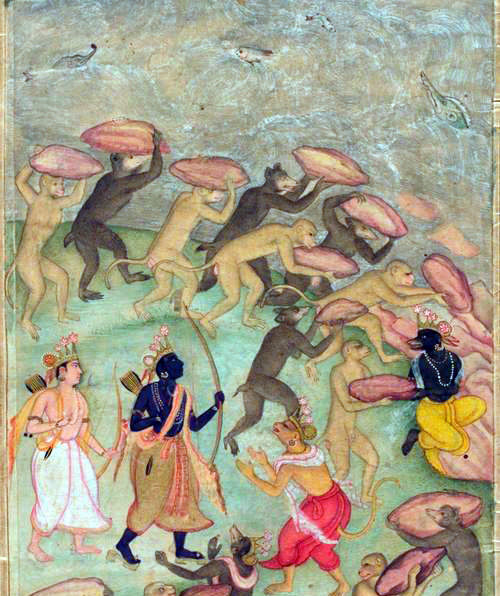
On Koyuncu, Emre. “Animals as Criminals: Towards a Foucauldian Analysis of Animal Trials.” Parergon 35 (2018): 79-96
Koyuncu first presents a literature review–pointing at the shortcomings of “positivist approaches and of the interpretation of the phenomenon” of animal trials in Europe as a purely religious practice–then presents “Foucauldian genealogy as a more rigorous framework” for understanding the purpose of premodern European animal trials, scholarship on which has “grown substantially in the last few decades” (79). A Foucauldian perspective offers two benefits: It treats the practice with complexity (rather than homogeneously) and it inserts the animal body into Foucault’s genealogy of power, which focuses on the human body and interhuman relationships. Thinking about animal trials through Foucault’s genealogy of power, in my view, brings animals realistically into our awareness of the human quest for power/domination, and how it operates by assigning value to most-human versus least-human hierarchies. I see Koyuncu’s approach as in context/conversation with Achille Mbembe’s Necropolitics, which applies Foucault’s idea of biopower to examine (who is deemed worth/y of a) human death, and which examines dehumanization as part of biopower.

